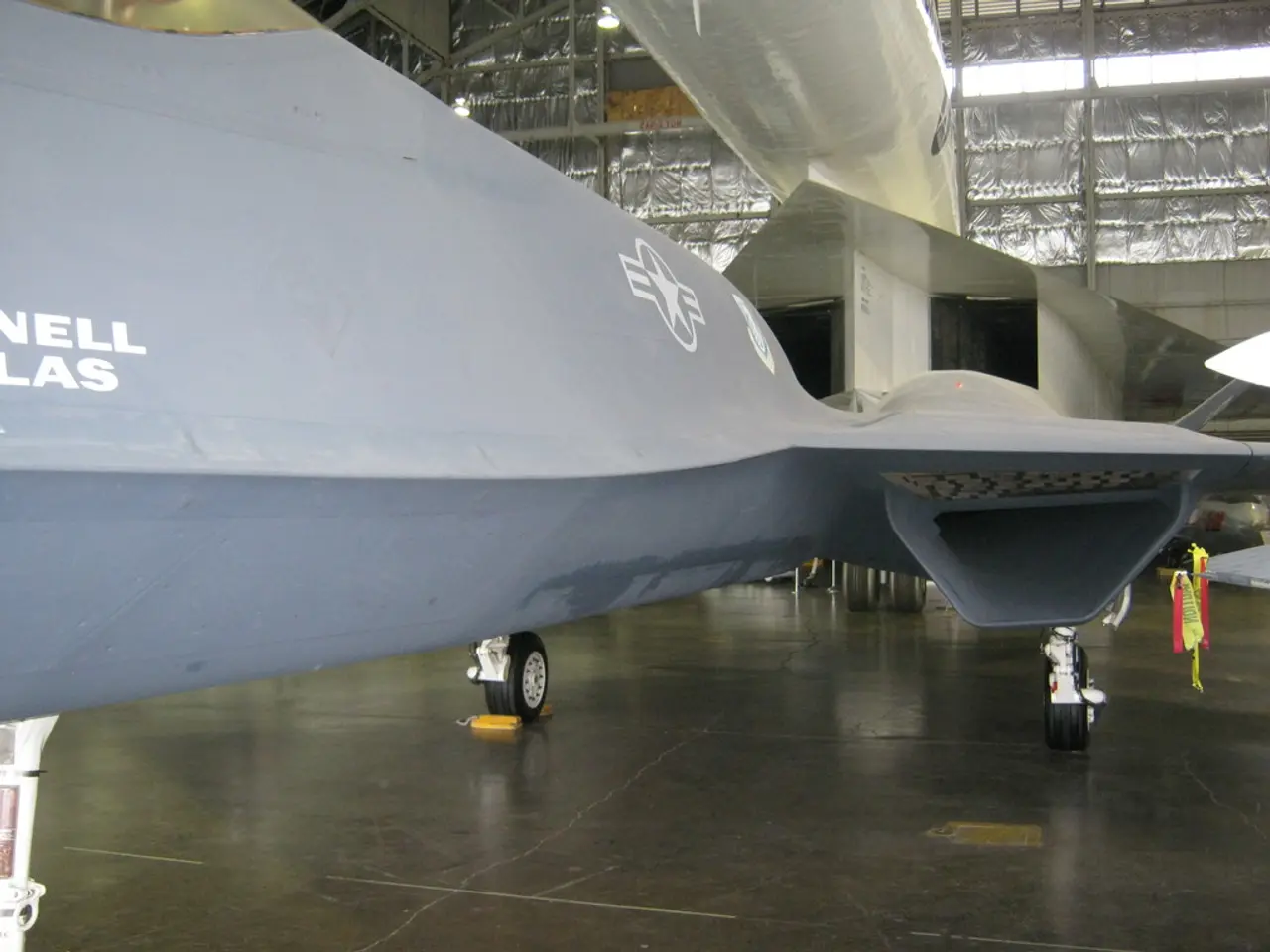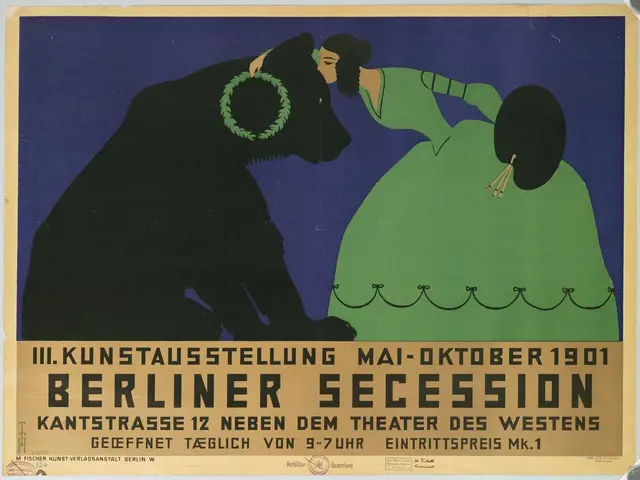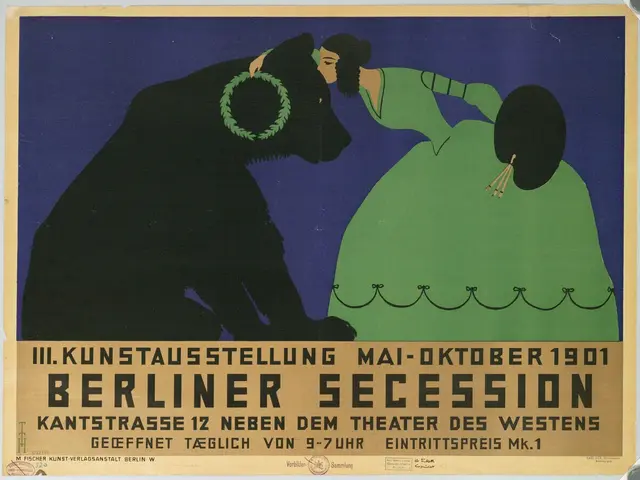Air Canada faces the imminent threat of a strike, with the deadline fast approaching.
The Canadian Union of Public Employees (CUPE), representing Air Canada's 10,000 flight attendants, has issued a 72-hour strike notice, potentially leading to labor action starting one minute past midnight on Saturday. The dispute, while not explicitly centering on uncompensated ground work, has raised concerns about this issue among passengers and aviation experts.
The union has been advocating for addressing uncompensated ground work, including during the boarding process. An average passenger might perceive unpaid ground work by flight attendants as unfair. However, the specific details of the dispute regarding uncompensated ground work are not mentioned in the available sources.
Labor disputes in the airline industry often revolve around compensation, working conditions, and benefits. Given the context of the strike and its impact on flights and passengers, it is plausible that compensation for all aspects of flight attendants' work could be a point of contention.
Air Canada's latest offer specifies that a senior flight attendant would on average make CAN$87,000 ($65,000) by 2027. The airline flies to 180 airports worldwide.
Rafael Gomez, from the University of Toronto's Center for Industrial Relations, stated that it's common practice worldwide to compensate flight attendants based on time in the air. He also mentioned that the union has built an effective communication campaign around the issue, creating a public perception of unfairness.
As the dispute continues, Air Canada is gradually winding down its service, with isolated flight cancellations already occurring on Thursday. Mark Nasr, Air Canada's chief operating officer, stated that "all flights will be paused by Saturday early morning," without a deal. The airline does not want to lose hundreds of millions of dollars in revenue during peak season, according to Gomez.
The 2025 Air Canada flight attendants strike, which began on August 16, 2025, and ended with a tentative agreement on August 19, 2025, involved a broader labor dispute. CUPE rejected a request to settle outstanding issues through arbitration, describing Air Canada's offers as "below inflation (and) below market value."
As the situation unfolds, passengers and industry experts will continue to watch closely for developments in this significant dispute.
The immediate industry impact of this dispute could potentially affect not only the aerospace sector but also the wider business and finance landscape, as a prolonged strike at Air Canada could cause financial losses for the airline and disrupt global supply chains.
Moreover, if the flight attendants' requests for fair compensation in all aspects of their work, including ground work, are not met, it could set a precedent within the aviation industry, influencing similar demands from flight crews worldwide.








